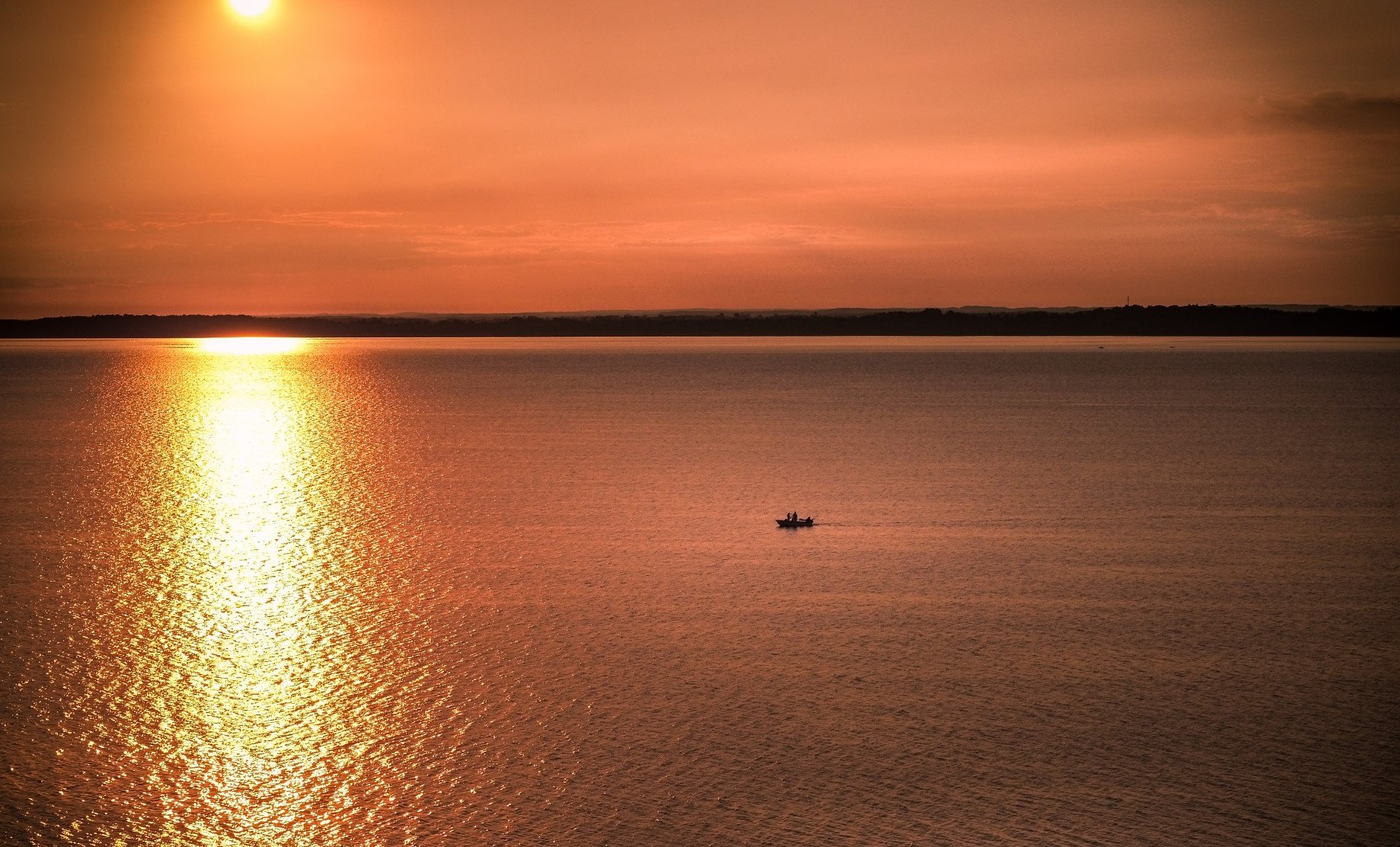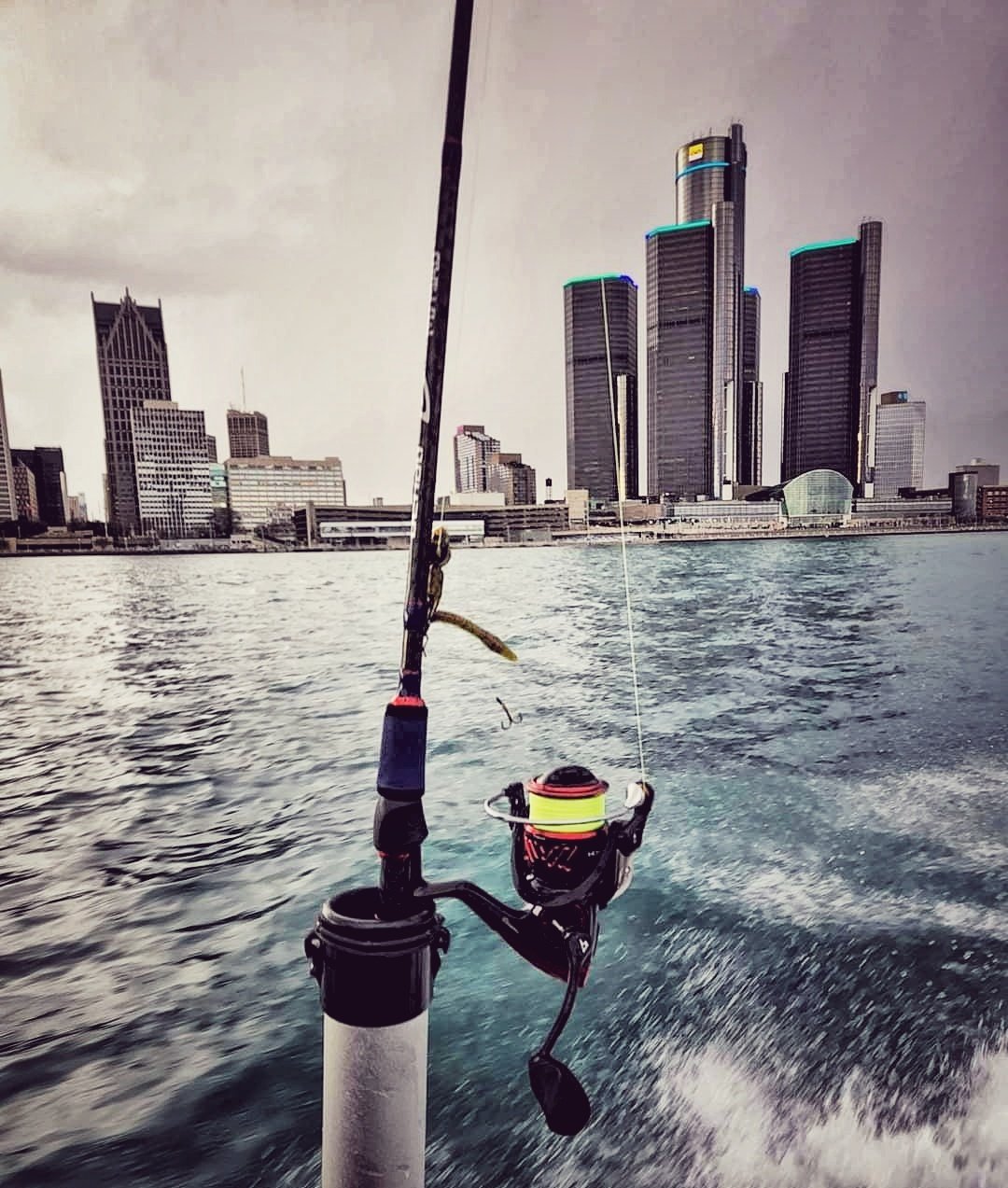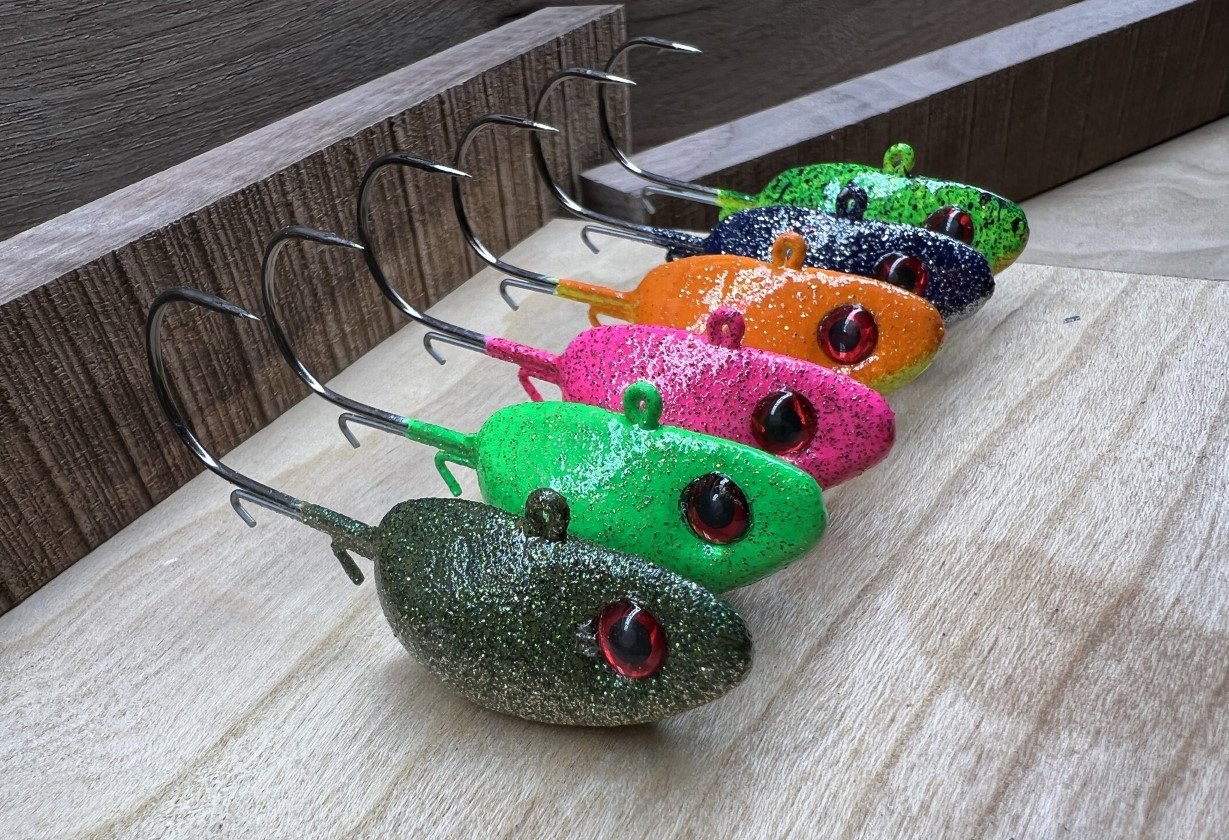
Great Lakes Fishing Information
Fishing in the Great Lakes is a great way to enjoy the outdoors and catch some delicious fish. Whether you're a seasoned angler or a beginner, there's something for everyone on the Great Lakes. We provides information on all types of fishing in the Great Lakes, including tips and tricks from experienced charter captains. You'll find everything you need to know to have a successful fishing trip, from choosing the right gear to finding the best spots to fish. So what are you waiting for? Get out there and start fishing!
Topics include Saginaw Bay walleye fishing tactics, Detroit River walleye jigging information, Saginaw Bay ice fishing tips and safety information, Salmon fishing and Lake trout fishing methods and layout hunting for sea ducks.
Below are the most recent topics
Gear you need for vertical jigging the Detroit River
The Detroit River is widely recognized as one of the top destinations for walleye fishing in the United States, particularly during the spring season. Although there are numerous presentation methods that can be effective, vertical jigging with heavy jigs weighing 3/4 and 1 ounce is the most commonly used. This is because the river's heavy currents, the fact that walleye prefer deeper water, and the fish's widespread distribution make vertical jigging the most viable option. However, it is important to have the appropriate gear to execute this technique effectively. Here are some tips on how to "gear up" for vertical jigging:
"Thump" Jigging-Wake up the Walleye on the Detroit River
As a tournament fisherman I always held to the belief to use the lightest jig possible to keep contact with the bottom. Not a bad rule if everyone in the boat is a skilled jig fisherman and your TOTAL focus can be put on boat control. When I started guiding my thinking changed-and to my surprise so did my success!
Upper Detroit River Spring Walleye Fishing Tactics
I spend most of my time in the Upper River, from the mouth of Lake St. Clair downstream to the Ambassador Bridge, but will head further south if necessary, to catch fish. The Upper River is loaded with shallow flats, deep drop offs, rock beds, and deep current areas.



